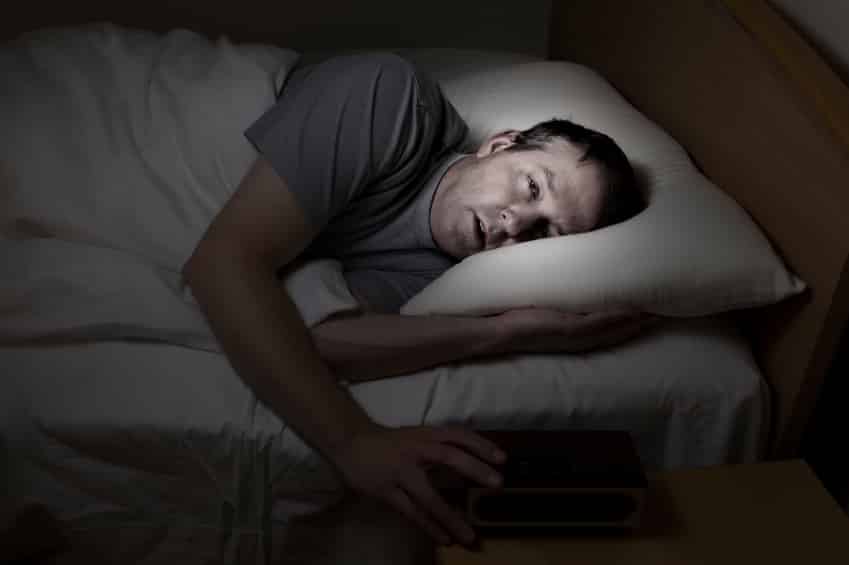Ireland is in the midst of a sleep-loss epidemic: here are Dr Harry Barry’s top 10 tips for a good night’s sleep
A recent study has found that 34% of Irish workers claim to feel exhausted on a daily basis and that a poor night’s sleep results in a poor day’s work for 8 in every 10 Irish workers. Unfortunately, this is not just limited to Ireland and is a problem in many other countries as well, and the reasons why are varied. Unsurprisingly, the ongoing pandemic has been a major exacerbation of pre-existing factors affecting people’s sleep, with disrupted routines and ongoing uncertainty leading to what has been called ‘coronasomnia’.
Getting good sleep, as Dr Harry Barry states, is just as much a matter of quality as it is quantity, and everyone should aim for at least 8 hours’ sleep, with children requiring even more. Good quality sleep is a foundation of maintaining positive mental health conditions, but unfortunately, our sleep is one of the first things to suffer when we feel anxious, stressed or depressed, thus initiating a negative cycle. Here are Dr Harry Barry’s top 10 tips for improving both the quality and quantity of your sleep.
1. Maintain a sleep routine: Try to go to bed and get up at approximately the same time every day. This gives your body the chance to establish its own sleep cycle.
2. Take a break from technology at least 2 hours before bedtime: This will give your brain a chance to switch itself off from the flurry of news and information coming from our devices, and will give your eyes a break from the blue light of your screen.
3. Clear your bedroom of technology: Leave all phones and devices in another part of your home.
4. Cut down on alcohol: “I advise my patients not to drink from Monday to Friday and then to allow themselves a drink or two at weekends,” says Dr Barry. “Alcohol and a good night’s sleep just don’t mix.”
5. Don’t have any coffee after midday: It can take up to 10 hours to completely clear caffeine from your bloodstream.
6. Exercise regularly but only during the daytime: Don’t exercise in the two to three hours before bed.
7. Invest in blackout curtains or blinds, especially if you live in an urban area.
8. Sleep in a well-ventilated room. Many of our bedrooms are too hot.
9. Try meditating, practising mindfulness or do something relaxing such as reading or listening to music before you go to bed
10. “If you are still struggling after all that, get the most boring book you can find and read it for 15 minutes,” says Dr Barry. “Then turn off the light and try to keep yourself awake for 15 minutes. Go back to the boring book and repeat the process until you fall asleep.”
Never keep your phone around your sleep area.
Scrolling in bed is one of the worst habits to allow in your life.
— Dan Go (@FitFounder) November 16, 2020
To book Dr. Harry Barry for your next online event, contact Front Row Speakers on +353 1 485 3991 or email welcome@frontrowspeakers.com.
Recent Posts
- Top 5 Keynote Speakers for UK Events in 2025
- Front Row Speaker Caroline Currid Begins New Role with Munster
- Front Row Speaker Amy Morin’s 13 Exercises to Mentally Strengthen your Children
- Front Row Speakers’ David Meerman Scott on How You Can Turn Customers into Fans
- Front Row Speaker Eric Partaker on Why Your Lack of Respect is Hurting You



